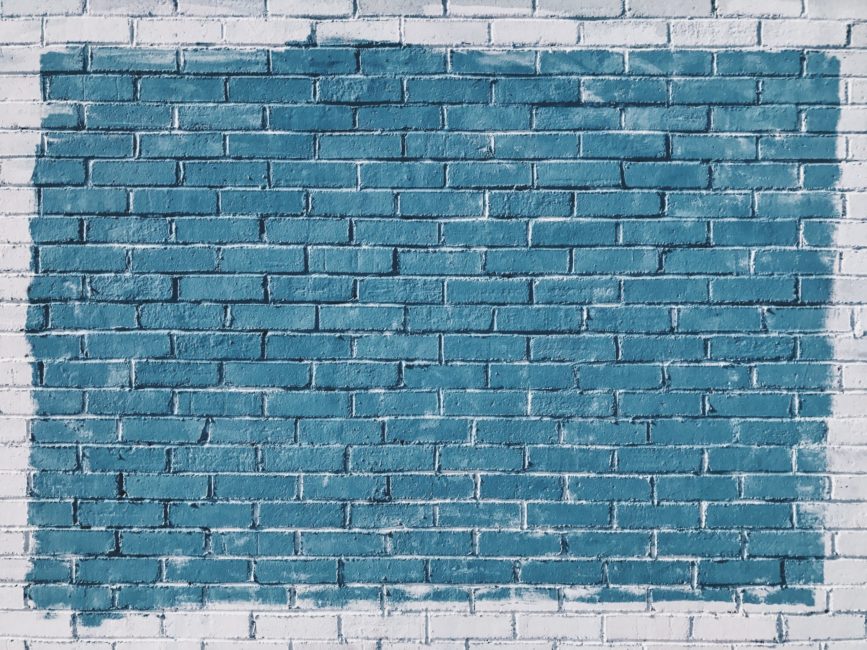December 02, 2021: “GlaxoSmithKline welcomed the decision of the Gavi Board to provide funding for the procurement and introduction of malaria vaccines into routine child immunisation programmes in Gavi eligible countries.
Today’s announcement follows shortly after the World Health Organization (WHO) recommendation for the broader use of GSK’s RTS,S/AS01e to reduce childhood illness and deaths from malaria in children living in sub-Saharan Africa and other regions with moderate to high transmission as defined by WHO.
Africa continues to bear the heaviest malaria burden and African children are at highest risk of dying of malaria: more than 260,000 African children under the age of five died from malaria in 2019. Covid has increased this disease burden and made the need for new tools to tackle malaria even more urgent.
GSK’s RTS,S/AS01e is the first and only malaria vaccine to have been shown in pivotal long-term clinical trials to significantly reduce malaria in children.
The vaccine is the result of over 35 years of research led by GSK, with PATH and other partners.
Thomas Breuer, Chief Global Health Officer, GSK, said: “Our malaria vaccine is a new and important tool that is urgently needed given rising numbers of malaria cases in African children. The vaccine has the potential to have a significant impact on the burden of malaria in Sub-Saharan Africa.
Gavi’s funding decision is a critical next step in ensuring access to the malaria vaccine for children who need it, by creating visibility around potential demand for the vaccine, as well as local implementation needs.
We have been a proud partner of Gavi since it was founded in 2000 and look forward to continuing to work with Gavi and other partners to develop solutions to ensure sustainable access to the malaria vaccine.”
Malaria vaccine implementation programmes (MVIP) started in 2019 in 3 countries (Ghana, Kenya and Malawi) and have already shown high impact in real-life childhood vaccination settings and strong community demand, with more than 800,000 children having received at least 1 dose of the RTS,S/AS01e vaccine.
In August, new data from a study of 6,000 children by the London School Hygiene and Tropical Medicine, indicated that the use of the RTS,S/AS01e vaccine in combination with seasonal malaria chemoprevention (SMC) can further reduce mortality in settings with highly seasonal malaria transmission.
GSK has committed to supply up to 15 million RTS,S/AS01e doses annually, in addition to the 10 million doses already produced and donated for use in the pilot programmes in Malawi, Kenya and Ghana.
GSK has also partnered with Gavi and MedAccess to develop an innovative financing solution to ensure continued manufacturing of the vaccine antigen ahead of key decisions by WHO and Gavi.
To secure long term supply, a product transfer is also underway with Bharat Biotech of India, which will become the sole supplier of the vaccine in 2029.
GSK will continue to supply the adjuvant (AS01e) to Bharat.”


